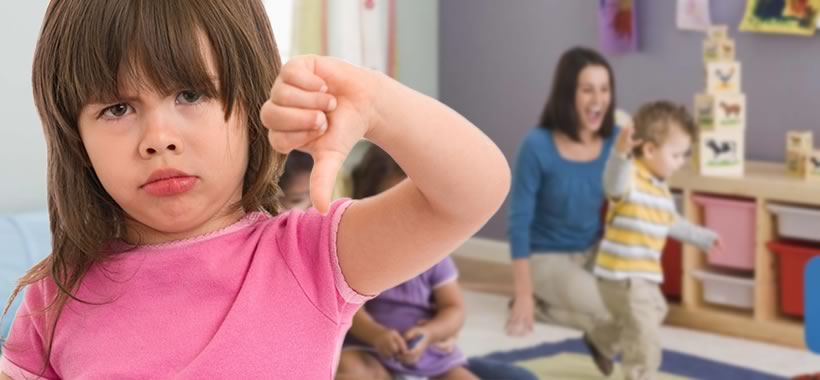Not only adults snore. Even small children can saw like world champions. What is behind it – and when it gets dangerous
It is more the rule than the exception that parents of snoring children come to Edwin Ackermann’s practice. "It happens almost every day", says the pediatrician from Tönisvorst, who is also the spokesman for the professional association of pediatricians. "Many parents see snoring as a respiratory disorder and fear that this could have a negative impact on children’s development." But how justified is this concern?
Here are the key facts about children’s snoring:
Children often snore with colds
"As soon as children suffer from infections that cause the mucous membranes and the tonsils in the nasopharynx area to swell, snoring occurs very frequently", says Dr. Norbert Teig, head of the pediatric sleep laboratory at the University Children’s Hospital in Bochum. However, many children snore regularly even without an infection, i.e. in four out of seven nights and over several months. According to studies, this affects 15 to 20 percent of two to six year olds.
Why children generally snore easily
The fact that children snore frequently is primarily due to anatomical reasons. "Especially in infants, the airways are still very narrow, which is why their breathing is often accompanied by noises", explains pediatrician Edwin Ackermann. He speaks of a harmless one "infant snorkeling" in the first half of life. When children get the first infections, their mucous membranes swell, secretions form in the airways – and the little ones no longer just snorkel, but snore.
During this time, the almonds do hard work: "Immune cells are produced with every infection. And this happens especially in the tonsils and palate tonsils, which enlarge as a result", explains Edwin Ackermann.
These enlarged tonsils are the most common cause of children snoring even though they have no infection at all. Sleep medic Norbert Teig says: "In my opinion, allergies, such as dust mites, are also underestimated. This causes the mucous membranes to swell and the airways to narrow."

Breathing interruptions are dangerous
Snoring when infected is not a problem. "Snoring without infection is only considered critical if further problems arise", explains dough. So if breathing interruptions are added, children get too little oxygen or breathe so hard that they slip from the important deep sleep phases into a more shallow sleep. "Overall, this critical snoring affects perhaps two to three percent of all children", so batter.
These problems can affect brain development, lead to lack of concentration and hyperactivity – symptoms that parents of snoring children can look out for. "On the other hand, daytime sleepiness, from which adults with breathing interruptions often suffer, is rather rare in children."
Sometimes an operation is necessary
Find parents, that her child often snores or even has breathing interruptions, they should make a video or a sound recording with the cell phone and the Show pediatrician. "You can see a lot from that", says Ackermann. If the pediatrician judges snoring as critical, he will refer the patient to an ear, nose and throat doctor. The examines the ear, nose and throat area and checks, for example, whether the tonsils or throat tonsils make the child snore and make it difficult to breathe.
"If his finding is clear and the descriptions of the parents (or her videos) are very plastic, no further examinations are necessary", says batter. If there are any ambiguities, the ENT will refer-doctor the child to a sleep laboratory. "There, doctors can measure precisely and objectively, such as heart rate, oxygen saturation, possible breathing pauses and breathing effort", so batter.
In most cases, enlarged tonsils or throat tonsils are actually the cause of critical snoring. An operation is usually necessary: "The tonsils are reduced in size using a laser process. Nowadays, they are usually not removed."
If there is an allergy to snoring, parents of infants and toddlers often only have to create an environment that is as allergen-free as possible, such as wrapping mattresses and bed linen and well ventilating and cleaning rooms. Hyposensitization is rarely done before the age of five.
RELATED ITEMS
-

Migrate in children: what helps against it – baby and family
Children also suffer from migraine attacks: stress can trigger headaches. How parents can help their little ones This video explains…
-

Language training: when is therapy necessary? Baby and family
Lispel, stuttering, selective mutism – more and more children have speech disorders and receive speech therapy. The Munich explains the background…
-

What if the child doesn’t want to go to daycare? Baby and family
Yesterday the child happily went to crèche or kindergarten, today there is protest and roar. What is behind it? Today: thumbs down for that…
-

Proper communication with children – baby and family
Sometimes tots do exactly the opposite of what you expect them to do. In five situations we show how to communicate with…
